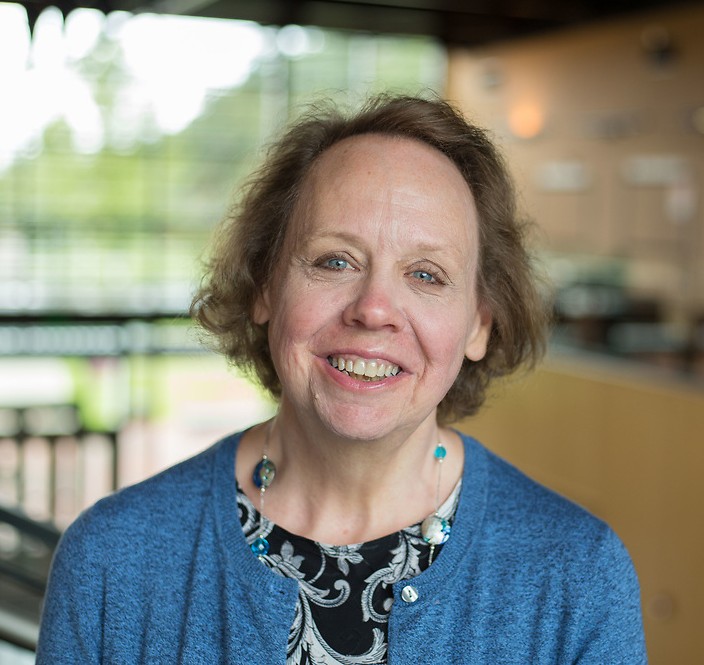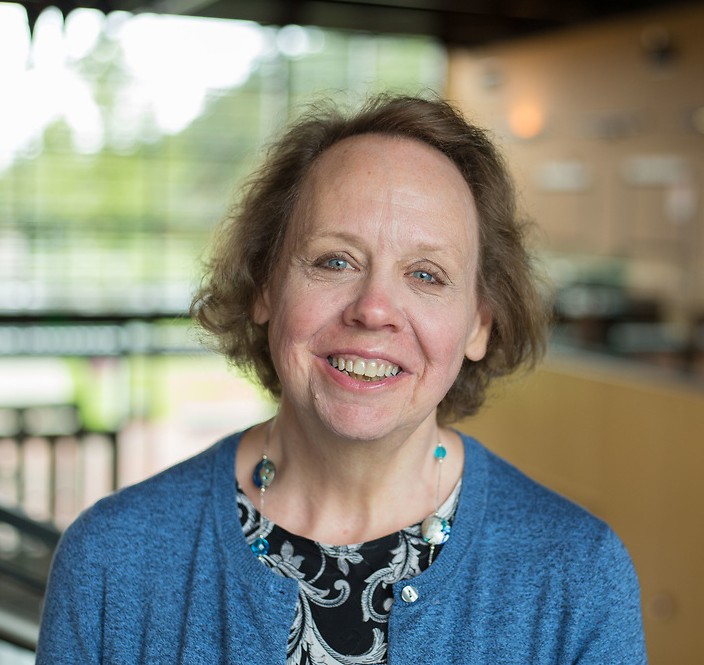Page 28 • (2,187 results in 0.025 seconds)
-
Tuition is based on a cohort model for the 2024 cohort. Students must complete the program with their cohort to remain eligible for cohort pricing.
: $11,940 GNUR 703 Theoretical Foundations & Evidence-based Practice (3) GNUR 710 Advanced Patho (3) GNUR 711 Advanced Pharm (3) GNUR 712 Advanced Pharm Discussion (1) January 2025 2 credits – Tuition: $2,388 GNUR 704 Pop Health, Policy, & Politics (2) Study Away option (Mexico/DC/Oly/Tacoma) Spring 2025 10 credits – Tuition: $11,940 GNUR 705 Information Systems & Patient Care Technology (2) GNUR 713 Physical Assessment (3) GNUR 714 Advanced Practice Clinical Decision Making (2) GNUR 740
-
Why Study Religion? Religion provides orientation and direction for individuals and communities, societies and cultures.
in considering graduate school or seminary, and in thinking about how your major prepares you for whatever career you choose. Where Will a Religion Major Lead You? The study of religion prepares you for fields requiring critical, contextual and creative thinking, ethical decision-making and working with people. It allows you to learn and practice the interpretive approaches of several disciplines during your university career. As the diversity and pluralism of our world become more intensely part
-
SOCW 101 : Introduction to Social Work and Social Welfare - ES An introduction to human need and the field of social work.
. Required for social work majors. Prerequisite: SOCI 101. (4) SOCW 245 : Human Behavior and the Social Environment – ES Students examine developmental theory through the lens of an ecological systems perspective and a biopsychosocial- spiritual framework, emphasizing power, privilege, and cultural differences (particularly race/ethnicity, gender, and sexual orientation) as applied to individuals, families, groups, institutions, organizations, and communities locally and globally. Volunteer experience is
-
The university, its employees and students, strive to provide a safe and secure learning, living and work environment in an atmosphere which respects each person’s dignity.
Providing a Safe and Secure Campus: Preventing Workplace & Campus Violence (July 2024)Introduction and PurposeThe university, its employees and students, strive to provide a safe and secure learning, living and work environment in an atmosphere which respects each person’s dignity. Toward this end, the university will take appropriate action against anyone who is found to have engaged in threatening or violent behavior on campus or at university-sponsored programs or events. Employees and
-
Tuesday, May 19th, 2020 Welcome! We, Rose McKenney and Adela Ramos, are excited to share with you the work of the 2020 class of Environmental Studies students.
recognition that both science and storytelling provide. My interpretations identify the connections and disconnections of science and storytelling, and argues that bringing them together can create positive solutions to the plastic problem. The project concludes with my own eco-poetic and artistic work. Jasper Cantrell Dr. Maria Chavez-Pringle, Dr. Michael Artime, Dr. Rose McKenney, Dr. Mike Rings, and Dr. Scott Rogers are all to be thanked for pushing me to this point and making sure my work is in its
-

Professor of Psychology | Department of Psychology | hansvick@plu.edu | Academic Liaison on the board of Peace and Justice Studies, as well as teaching Peace Psychology. Faculty Director for joint PLU/Tacoma-Pierce County Chamber of Commerce Leadership program. Passion for teaching statistics/research methods, where I approach the classroom as a dynamic social environment and continually strive to create a positive, active learning environment for my students. Current research interests: (1) Cognitive complexity and openness to experience in relation to the liberal arts experience; (2) teaching and learning styles in relation to the challenges of teaching Millennials; and (3) changes in perceptions of cities over time. .
Christine L. Hansvick Professor of Psychology Email: hansvick@plu.edu Status:Emeritus Professional Biography Education Ph.D., Social Psychology, University of Windsor (Canada), 1977 M.A., Psychology, University of Windsor, 1975 B.Sc., Business Administration, Southwestern Minnesota State University, 1971 Areas of Emphasis or Expertise Statistics and Advanced Research Methods Consumer Psychology Industrial/Organizational Psychology Psychology of Peace Accolades Alumni Achievement Award
Contact InformationArea of Emphasis/Expertise -

Resident Assistant Professor | School of Business | prattca@plu.edu | 253-535-7244
Catherine Pratt, Ed.D. Resident Assistant Professor Phone: 253-535-7244 Email: prattca@plu.edu Status:Phased Retirement Professional Areas of Emphasis or Expertise Organizational Behavior Family Business and Entrepreneurship Leadership Change Management Strategic Management
Area of Emphasis/Expertise -

Resident Assistant Professor | Master of Business Administration | prattca@plu.edu | 253-535-7244
Catherine Pratt, Ed.D. Resident Assistant Professor Phone: 253-535-7244 Email: prattca@plu.edu Status:Phased Retirement Professional Areas of Emphasis or Expertise Organizational Behavior Family Business and Entrepreneurship Leadership Change Management Strategic Management
Area of Emphasis/Expertise -

Resident Assistant Professor in School of Business | Innovation Studies | prattca@plu.edu | 253-535-7244
Catherine Pratt, Ed.D. Resident Assistant Professor in School of Business Phone: 253-535-7244 Email: prattca@plu.edu Status:Phased Retirement Professional Areas of Emphasis or Expertise Organizational Behavior and Theory Family Business and Entrepreneurship Leadership Change Management Strategic Management
Area of Emphasis/Expertise -
48 semester hours MFTH 500: Biopsychosocial Health and Development Across the Lifespan (4) MFTH 503: Systems Approach to Marriage and Family Therapy (4) MFTH 504: Contextual Foundations of Systemic
personal values on ethical decision-making. (4) MFTH 519 : Practicum I First semester of practica required as part of the continuous process toward developing specific therapeutic competencies in work with individuals, couples and families. (2) MFTH 520 : Theory I First semester of theory taken in conjunction with MFTH 519. (2) MFTH 521 : Practicum II Second semester of practica required as part of the continuous process toward developing specific therapeutic competencies in work with individuals
Do you have any feedback for us? If so, feel free to use our Feedback Form.


